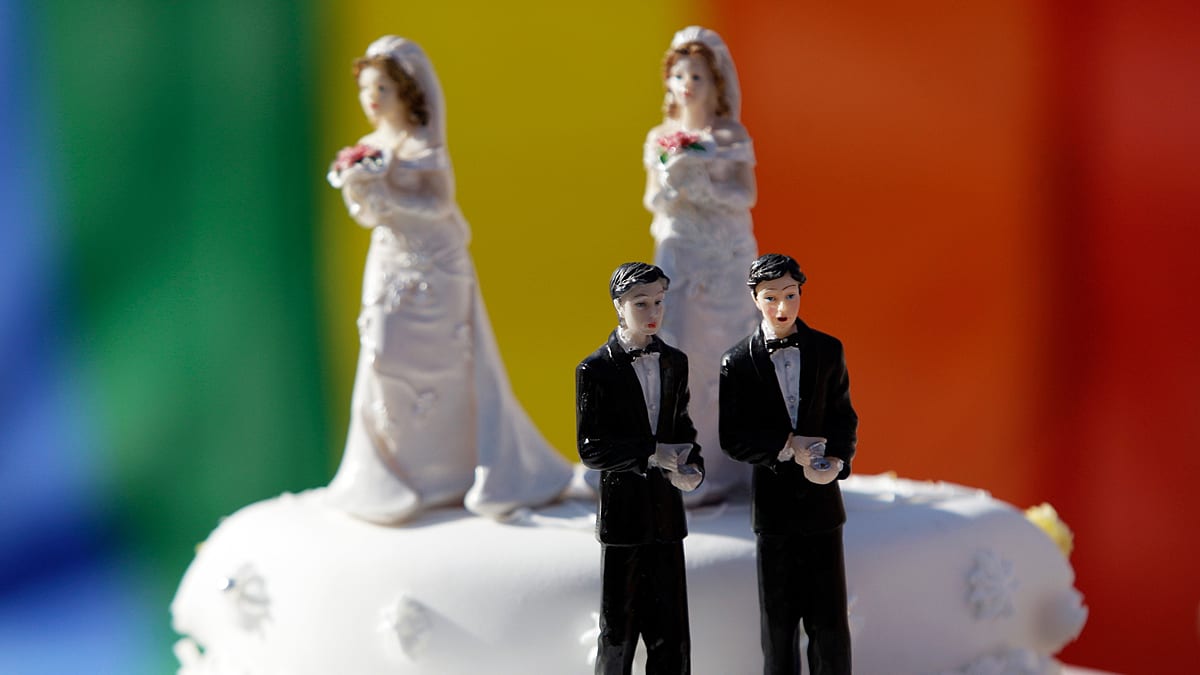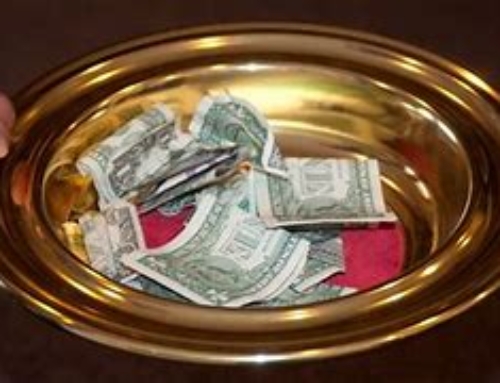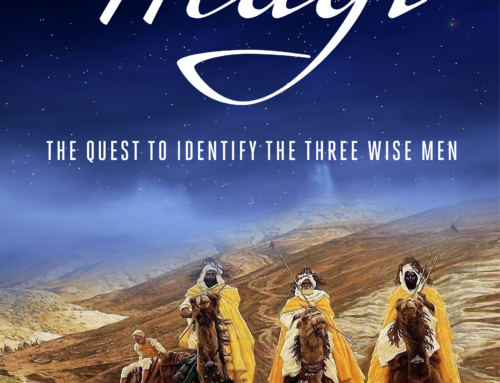The Church of England will soon be deciding whether or not to allow same sex marriage in church. I may be overstepping ecumenical etiquette by commenting, but in ecumenical discussions we are encouraged to listen to one another in a spirit of fraternal dialogue. I have done so by reading the Anglican Bishop of Worcester’s explanation of his acceptance of same sex marriage here.
I encourage you to read the full letter. It is full of fine words and tender feelings–of kindness toward people with same sex attraction and apologies for the hurt they have felt at the hands of the Anglican Church authorities. The letter also explains why the plain words of Scripture about homosexuality are, perhaps, not so plain after all, and it is a clear explanation of why some Anglicans feel that the time has come to allow same sex couples to be married in church. The Anglican theologian Ian Paul has penned a response to the Bishop of Worcester which you can read here.
What both writers overlook is the full significance of marriage–not only for Catholics, but for all Christians. In other words, both theologians don’t seem to grasp what marriage actually IS. Both writers wrangle over Scriptural interpretation, the meaning of certain words in the New Testament and the cultural and historical understandings of human sexuality and marriage.
What both of them don’t mention is the nuptial imagery in the Bible and its significance for marriage. The Old Testament is replete with marital imagery from the beginning of the creation story where Adam and Eve are created and God gives the first commandment to “be fruitful and multiply” The imagery of marriage continues with unfaithful Israel who commits adultery by following the pagan religions after which God calls them back and says he will be their faithful and forgiving husband. The love of husband and wife is therefore linked with the love God has for his people. This powerful imagery is repeated in the New Testament where Jesus– in his parables and miracles– refers to himself as the bridegroom. St Paul picks up the imagery when he refers to the church as the bride of Christ and affirms that human marriage is linked to the mystery of salvation in the church.
This teaching is echoed in the Church of England’s traditional marriage service where Holy Matrimony is described as:
an honorable state, instituted of God in Paradise, in the time of man’s innocence, signifying unto us the mystical union that is betwixt Christ and his Church:
Considering the full teaching on marriage–from creation and the nuptial imagery in Scripture helps us to avoid crass fundamentalism and proof texts. These linguistic and literalistic approaches to Scripture remain essentially fundamentalist–even when they are eschewing literalistic interpretations. The assumption is that one can wring the “proper” interpretation from particular texts if only one is clever or learned enough. This approach (which both Anglicans to whom I have referred use) misses the larger and more important teaching embedded in the nuptial imagery in the Scriptures.
The nuptial imagery means that for Christians, marriage has a deeper, theological and mystical meaning: Marriage is a union of love which, by its very nature, is fruitful. It is a natural union as evidenced by the fact that man and woman were created by God in a complementarity that, when they are united, is not only fruitful in the procreation of children, but also points to the union not only of Christ and the Church, but also the unity of love at the heart of the Holy Trinity itself.
For Catholics this union is also elevated to the level of a sacrament–and a sacrament “effects what it signifies” In other words, the union of the man and woman in sacramental marriage helps to fulfill their union with the Church and with God himself. All seven sacraments function for our salvation. Through them we receive the grace to be saved and sanctified. This holy mystery is, in other words, one of our ladders to heaven. Furthermore, it is interesting to observe that the Catholic Church teaches that each of the seven sacraments has a proper form, proper matter and proper minister.
In marriage the proper minister is the bride and groom. The proper form is the liturgy established by the proper authority. The proper matter (or the physical stuff of the sacrament) is the intention of bride and groom to contract a faithful marriage and the physical consummation of the marriage. To put it bluntly, the sacrament is only valid and indissoluble once the marriage is consummated through sexual intercourse that is capable and open to new life.
As an aside, I realize advocates of same sex unions will argue, “But what about a couple who are naturally infertile? What about older couples past child bearing age?” These exceptions prove the rule. Their individual infertility does not negate the general, natural good of marriage which is fertility and procreation. This would be an argument only if the couple were infertile intentionally.
In the spirit of ecumenical dialogue, it would be interesting to hear how the advocates of same sex marriage in church see the union of two men or two women to reflect the nuptial imagery which the Scriptures portray as part of the created order, and it would be even more interesting to hear how they understand such marriages to be consummated.
These considerations lead us to ask, “What is marriage?” If the marriage cannot be consummated in the natural way, is it a marriage at all or is it something else? If it cannot bear the full historic and theological weight of marriage is it a Christian wedding service or some sort of quasi-Christian religious ritual recognizing a romantic and erotic friendship?
If it is the latter it may be called “marriage” but it would be a truncated, reductionist understanding of marriage–something which is a distortion of the historic Christian teaching–and therefore not a Christian marriage at all. Of course, it is possible for theologians to simply side-step these questions and assert that same sex marriage is something new–a creative and positive alternative–but if such a union is so alternative as to eviscerate all Christian natural, theological and sacramental understandings of marriage, then why attempt to mimic Christian marriage?
Ot would be more honest to call it something else and it would be more honest to conduct the ritual somewhere other than a Christian church.







Well said, father. Alden Abbott
Thank you, Father, for the wise explanation. Myriam